I have a .csv file: example.csv with 8000 columns x 40000 rows. The csv file have a string header for each column. All fields contains integer values between 0 and 10. When I try to load this file with read.csv it turns out to be extremely slow. It is also very slow when I add a parameter nrow=100. I wonder if there is a way to accelerate the read.csv, or use some other function instead of read.csv to load the file into memory as a matrix or data.frame?
Thanks in advance.
